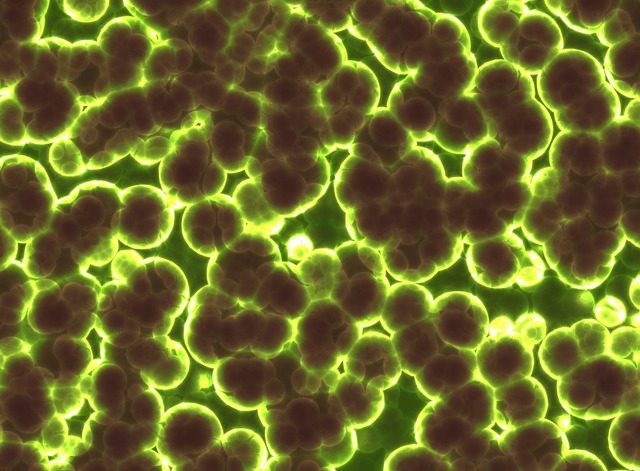INTRODUCTION
Biological Warfare or biowarfare is commonly called germ warfare. The use of biological weapons during warfare dated back to WORLD WAR I. Check out Biological Warfare and Its Catastrophic Effect on Environment
BIOLOGICAL WARFARE
This term is defined as a tactic of war in which infectious agents or biotoxins are used to massacre humans or eliminate plants/vegetation or animals.
Check out: What is Biofouling? Causes, Effects, and Solutions
AGENTS OF BIOLOGICAL WARFARE
Biological agents, also known as biological weapons, are living microorganisms or pathogens. These agents are used in biological warfare. The common biological agents are listed below.
- Bacteria
- Virus
- Fungi
- Protozoa
The biological agents produce toxins that cause different diseases among humans, wipe out plants and animals.
Check out: Human Ectoparasites And Endoparasites Types and Impacts
TYPES OF BIOLOGICAL WEAPONS
There are minimum of five categories of biological weapons that are responsible for epidemics in an area or that are used during biological warfare. The selection of biological weapons is dependent on their lethal ability or the extent to which they can cause harm.
| Serial No. | Biological Agent | Disease | Source |
| 1. | Viruses | Venezuelan Equine Encephalitis Virus | Vectors Such As Mosquitoes-Borne Pathogens |
| 2. | Bacteria | Plague, Anthrax, Tularemia | Wild Animals,Hares, Rabits, Roddents, Sheep, Cattles, Ectoparasites |
| 3. | Fungi – | Potato Blight, Cereal Rust, Rice Blasts | Modified Pathogens |
| 4. | Toxins | Poisons, Ricin Poisoning | Poisons form Snakes, Scorpions, Castor Bean |
| 5. | Zoonotic Pathogens – Rickettsiae | Q fever, Typhus | Vectors such as Ectoparasites |
You may also be interested in: Environmental Toxicology Flowchart – Exposure to Excretion
TYPES OF BIOLOGICAL WARFARE
There are different types of biological warfare that are listed below.
1. BIOTERRORISM
This term is defined as a kind of terrorism in which biological agents are intentionally released to cause mass destruction. Bioterrorism often results in an epidemic.
DIFFERENCE BETWEEN BIOLOGICAL WARFARE AND BIOTERRORISM
Biological warfare and bioterrorism are interlinked terms. During warfare, the use of biological weapons is called biological warfare while the intentional release of biological weapons in a certain area is bioterrorism. Both acts are performed to kill humans, animals, and plants.
2. GENETIC WARFARE
Genetic engineering is a branch of biotechnology that has been used for manipulating biological agents in biological warfare. This type is known as genetic warfare. The genes of pathogens are either modified or replaced with more infected genes for persistent effects.
3. ENTOMOLOGICAL WARFARE
It is considered a type of biological warfare because insects are used as sources of infection or biological agents. Vector-borne diseases could be examples of entomological warfare. The insects are weaponized with infection or pathogens and used as vectors to transmit dangerous diseases to humans, animals, and plants.
4. TARGET-BASED BIOLOGICAL WARFARE
This type of biological warfare is differentiated from others on the basis of its target. The target of biological weapons could be animals, plants or vegetation, agricultural lands, livestock, etc. The modified biological weapons are specifically used to cause diseases among livestock and destroy plants/agriculture.
You may also like: What Is Environmental Toxicology And What Are Its Branches?
CONCLUSION
The war tactics have lowered humans standards. Genetic engineering technology is being used in the modification of biological weapons. Biological warfare is another disaster for the environment. Paradoxically, the developed countries in the world that are supposed to act as peacekeepers have modified biological weapons. There should be strict regulation and sanctions should be imposed on countries that are involved in these destructive acts.
Also check out: Why Ecocide Should Be Made an International Crime?
I hope you all liked this post! Please comment below if you have any suggestions, comments, or feedback! We at #envpk love hearing from our readers! Thanks!




